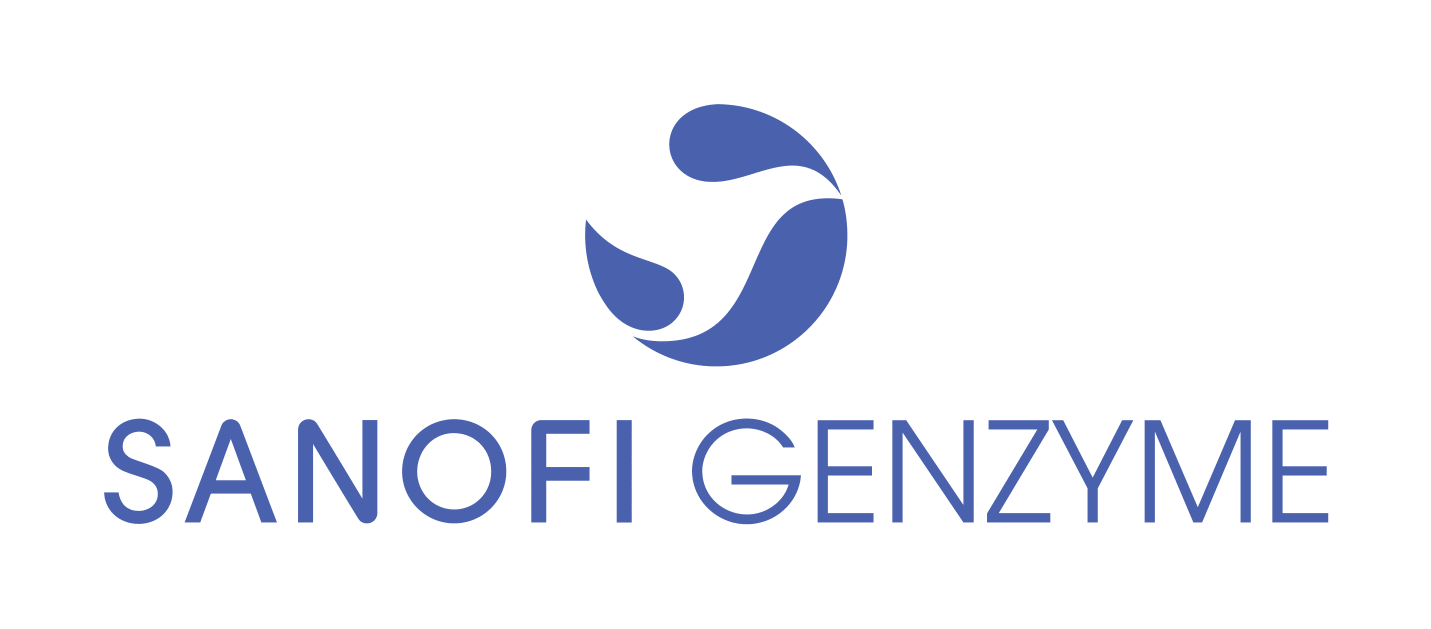National Hemophilia Foundation (NHF) - Posters
Optimizing language to increase understanding, improve communication, and manage expectations around gene therapy for hemophilia: a qualitative study |
|
|
|

|
Objective:
For communities of people living with hemophilia, gene therapy represents a paradigm shift in treatment strategy. As conversations surrounding gene therapy become more commonplace, there is a need for an expanded lexicon that helps carefully explain, represent, and manage expectations about risks, benefits, and limitations, down to the precise wording and phraseology to be used. In recognition of this need, an unbranded marketing research study was conducted to identify community preferences around the specific language used when discussing gene therapy. Building on earlier findings, this research focused on topics beyond gene therapy as a theoretical concept to explore the implications of gene therapy as a potential future treatment. Here, we report findings that identify a recommended language set for effectively communicating information about adeno-associated virus (AAV)-based gene therapy for hemophilia, covering concepts related to eligibility, vector shedding, liver health, follow-up, and durability.
Methods:
Structured screener interviews were used to identify a total of 97 participants, representing multiple audiences (hematologists, nurses, caregivers, patients, and patient advocates) from five countries (US, Spain, France, Germany, Italy). To collect, refine, and test language concepts, these individuals completed a series of in-depth interviews, a web-enabled survey and qualitative Patient Reported Outcome (PRO) measures. Further, they participated in a face-to-face focus group, and online group interviews utilizing cognitive debriefing methods. Measures were taken to reduce bias where possible, for example utilizing online secret ballots for lexical choices to avoid groupthink. Sessions were conducted in local languages with detailed discussion guides. Across multiple topics, preferred words and phrases were developed and agreed upon through an iterative and adaptive process. Undesirable, disagreeable, or confusing language was identified. Preferences were largely consistent across audiences and countries; however, where differences existed, country-specific recommendations were made.
Summary:
Study results highlight that, based on individuals included in this study, the hemophilia community is very well-educated around the condition of hemophilia and potential treatment options, with clear preferences around the use of a consistent lexicon for describing gene therapy. Preferences include the use of a lexicon that is direct in acknowledging concerns and setting expectations, uses plainspoken, patient-centric language, and is realistic about limitations. Study participants also agree that the use of such language can increase understanding and comfort during discussions of gene therapy.
Conclusions:
This study suggests that, based on the individuals included in this study, the use of community-informed, patient-centric lexicon can minimize miscommunication, ease concerns, and facilitate informed decision-making regarding gene therapy as a potential treatment option for hemophilia. Further research is needed to confirm these findings in a broader population.



